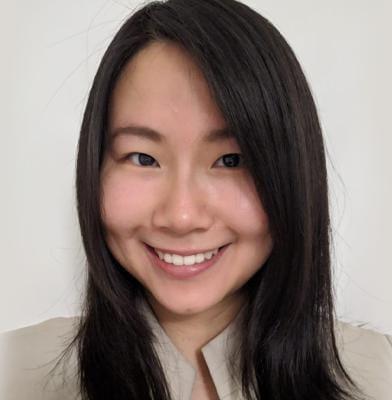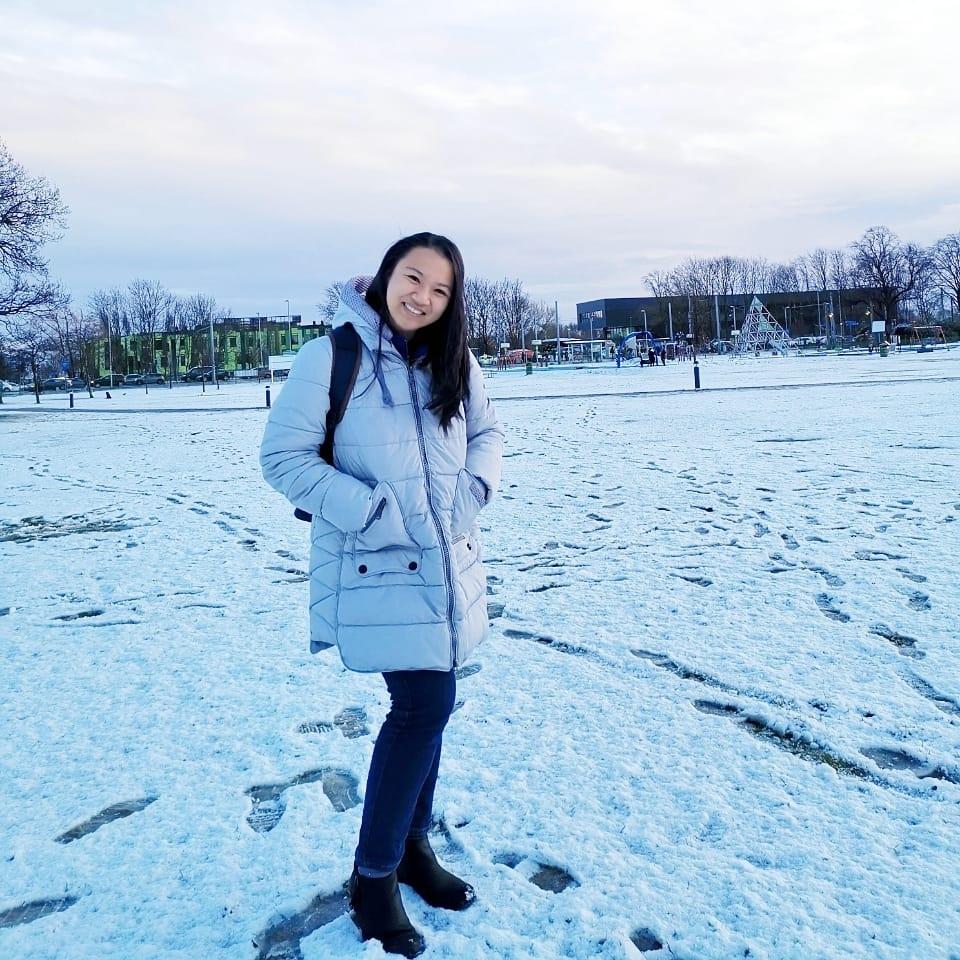
3 minute read
Interview with Dr. Toh Li Shean
E W I R V T E I N W I T H D R . T O H L I S H E A N
B Y M E L I S S A S O O
Advertisement
MS: Let’s start easy, please tell us a little bit about yourself and how you ended up in UoN.
DT: I am from Kuala Lumpur, Malaysia. My scientific career began when I was a general practice-based pharmacist. During my role there I noticed that there were numerous patients having fragility fractures and had no prior treatment or awareness of osteoporosis. From then on, I decided to combine my skills as a pharmacist to improve the identification of patients at high risk for osteoporosis. This led to completing my PhD in medication management and expanding the advanced services of the pharmacist’s role in osteoporosis at UoN.
Subsequently, I obtained a position as a lecturer in Australia and continued my work in developing the pharmacist’s role in osteoporosis. I then obtained my current job in the UoN, UK continuing my work with medication management and optimizing the pharmacist’s skillset in the healthcare system. Specifically, working in osteoporosis, health literacy, and Astropharmacy (space travel medicine).

Dr. Toh Li Shean (DT)
Melissa Soo (MS)
MS: Why did you choose to be an academic? What do you enjoy about your job?
DT: As a frontline pharmacist, I noticed that there were a lot of gaps within the health system to make improvements. However, when you are a pharmacist and patient-facing your priority is the patients’ immediate need. I wanted to improve the healthcare system and found that research could be a sustainable way for me to impact more patients systemically.
I enjoy my job because it allows me to pursue my passion which is to improve medication management. There are two ways I get to pursue this, teaching students and research. Teaching the future generation of pharmacists and encouraging them to pursue their own passion in this field is exciting. I can’t wait to see what you all achieve 10 years down the road! Keep in touch ok? As for research, I enjoy pushing the boundaries of pharmacy practice and that’s why I got involved with space travel.
MS: Was there anything about teaching in UoN that was different from how you were taught in your MPharm programme? Was it a challenge for you to adapt?
DT: I think the UoN course has a lot of practical opportunities which I didn’t have last time. Switching from becoming the academic teaching MPharm and being an MPharm student was really interesting. I never realised how much work and thought was put into making the whole coursework. A new one-hour lecture can take up to a week to complete. So please appreciate our hard work and try not to fall asleep ok?
MS: How do you think lecturers can help students in their careers after graduation?
DT: We are always happy to chat with you individually about your interest and the abundance of career choices the MPharm can offer.
MS: Do you have any advice for students coming to UoN to do MPharm? (+What to expect when coming to UoN in terms of teaching and learning)
DT: It’s a lot of hard work but it’s worth it! I think when you come you should make use of the available expertise and the internationality of the university outside the curriculum. For example, we have experienced pharmacists from all sorts of fields (i.e. hospital, pain expert, nanoscience expert) from all over the world. If you find a particular thing you are interested in, email us and we can always chat about it more.










